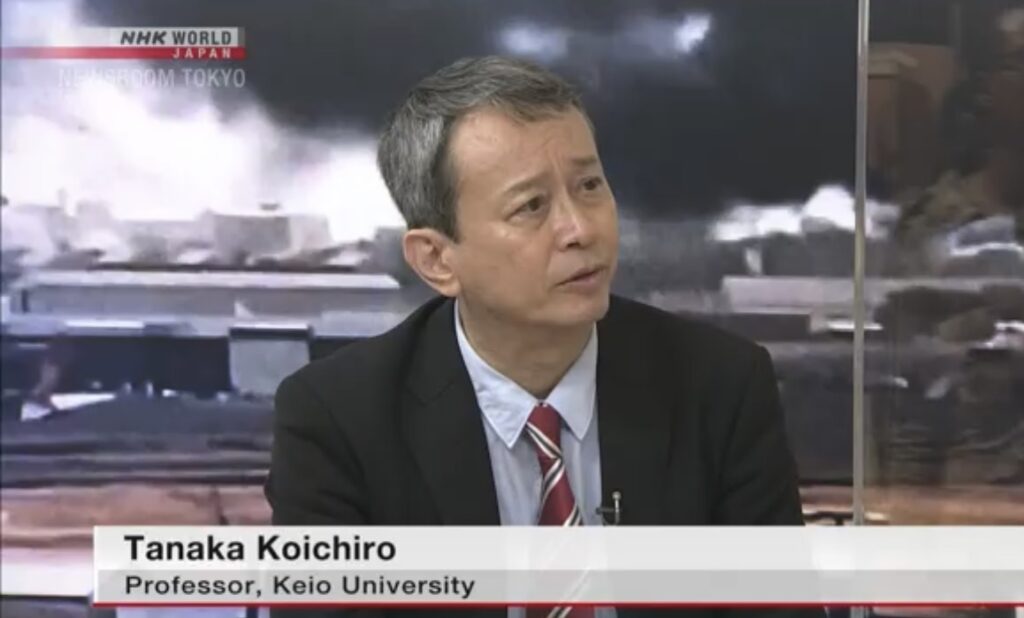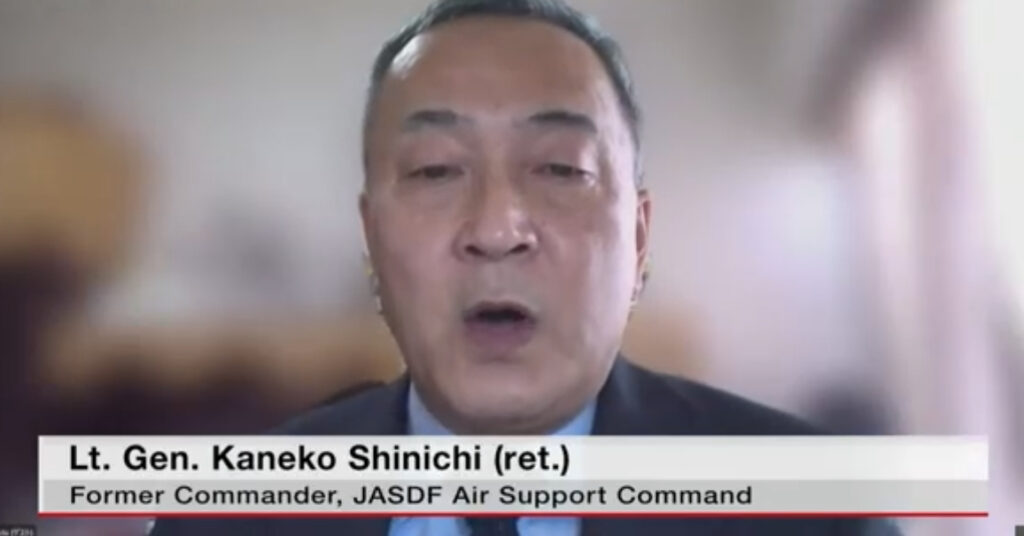



TOKYO: Japanese analysts commenting on the situation in Sudan remain unsure of what support Japan can offer its citizens but are endeavoring to aid those who wish to leave.
Three Japanese Self-Defense Force (SDF) planes arrived in Africa on Saturday (local time) to evacuate Japanese nationals still in the country. Meanwhile, a Sudanese paramilitary group clashing with Sudan’s armed forces says it has agreed to a 72-hour ceasefire on humanitarian grounds.
The first Japanese Air SDF transport plane took off Friday afternoon from Komaki Air Base in Central Japan for the SDF base in Djoubiti for ongoing international anti-piracy operations. All three SDF aircraft arrived on Saturday as part of the mission to bring home about 60 Japanese citizens in Sudan. The SDF airlift unit will operate out of the Djibouti base.
Retired Lt. Gen. KANEKO Shinichi, who was formerly a commander of JASDF Air Support Command, said the Japanese units operating in Djibouti “will be on alert, 24 hours a day, seven days a week to fly at any time and are engaged in securing local information useful for their mission.”
However, Keio University Professor TANAKA Koichiro believes such an operation will take work.
“So far, all of the countries involved have been talking about an airlift, which is quite impossible because of the conditions of the airports (in Sudan),” he told the “NHK World” program. “So what comes next is possibly a ‘land lift,’ which means land transportation to neighboring countries is possible but extremely dangerous.”
According to Tanaka, who is well versed in Middle Eastern affairs, the reason is “because nobody is quite sure of what will happen. There may be militias (along the route) or units of the Sudanese army fighting against the militias, there could be sporadic attacks from any (armed) group, and so this is an unpredictable situation where the Self-Defense Forces may have to think very carefully about each step, and this is why I called it sort of an unusual case.”
With the situation in Sudan developing with every passing hour, the militant Sudanese Rapid Support Forces said they would abide by a truce marking the Eid holiday, coinciding with the end of Ramadan.
Two previous ceasefire attempts have failed, with fierce fighting reported in the Sudanese capital, Khartoum. The UN says that at least 400 people have been killed and thousands injured in the fighting. Reports also confirm that civilian airports and military air bases have suffered severe damage from the conflict, making it difficult for people to escape the violence by airlift.
Tanaka said reports of a ceasefire offer hope but that the situation may prove difficult.
“We have seen the UN Secretary-General call for the (Eid) festivities ceasefire, and I believe that some of the belligerents are accepting it. That is a good sign, but if you are looking for a permanent or long-lasting ceasefire, that is very difficult to expect because these two warring factions are engaged in intense fighting against each other. They are seeking their interests and trying to preserve and expand their power. That is to say, they seek to gain power over their rivals, and in this case, nobody is there to mediate or restrain them.”
Tanaka thinks that the United States no longer has credibility in acting as a mediator and that Russian involvement may be seen as negative. “I don’t see the possibility of a good mediator appearing anytime soon,” he said.
Professor Tanaka also said that long-term democracy needs to be supported in Sudan. “What we need to do as part of the international community is to support any kind of a democratic movement and try to achieve something the people can agree upon, as well as taking some sort of urgent consideration for immediate humanitarian assistance.”